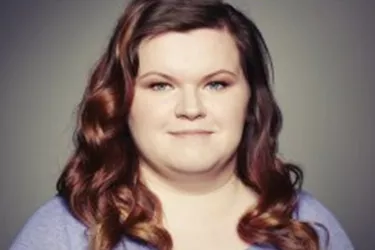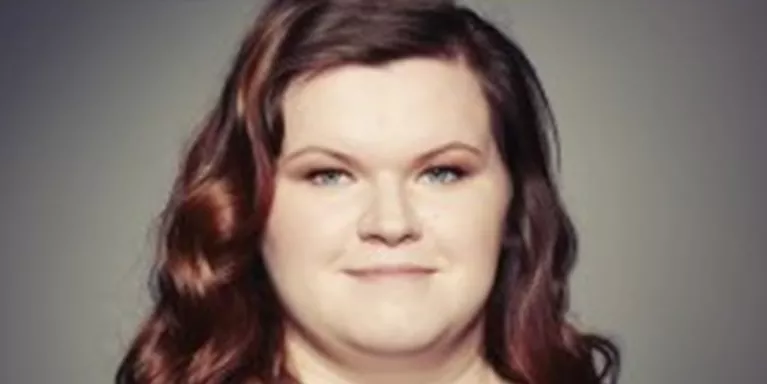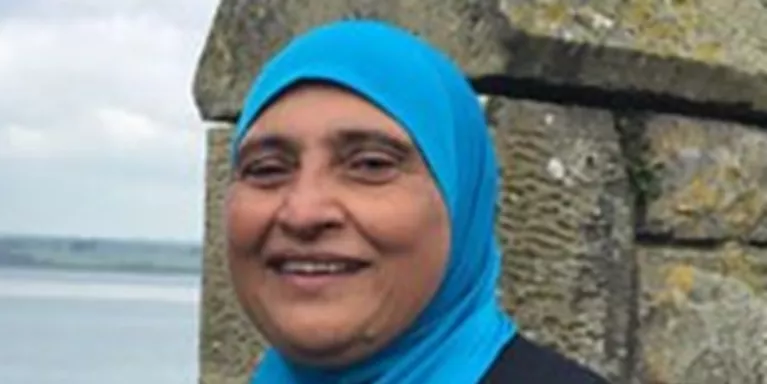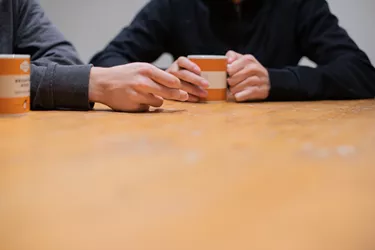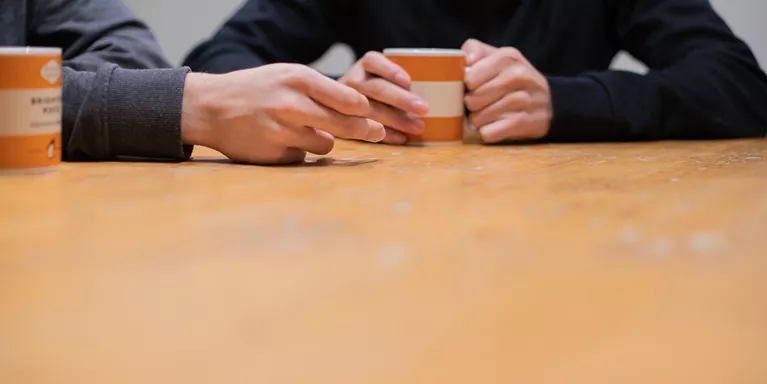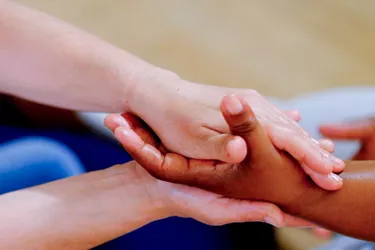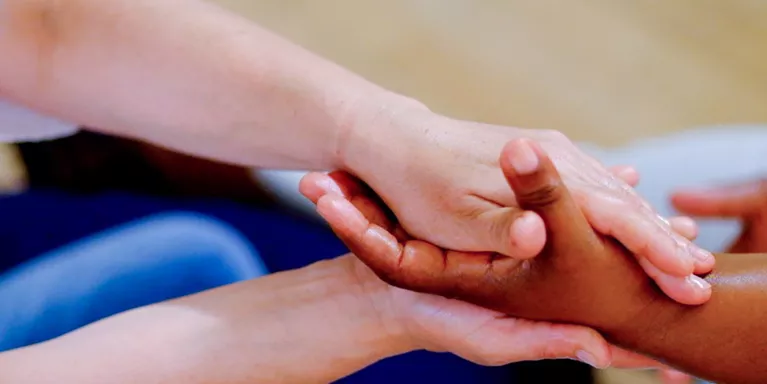Finding a place to fit in
Sue blogs about finding a place to fit in at her local peer support group.
I used to sit in the house all the time, never really go out, sit in the same place. I didn’t want to get up in the morning. That was my life.
A lot of people depend on me. I have four children and I also help my sister and mum. Having some time to myself is a big thing.
My children are grown up now but since I got divorced I’ve spent most of my time caring for my mum.
"I couldn’t go to my youngest son and say to him ‘I’ve feel like this today, I feel like that,’ because I’m putting all that anxiety onto my son. That’s how I feel, anyway."
I've tried lots of ways to get support. I have impaired hearing and found craft groups were too overwhelming for me. Before, I had a crisis team but that wasn’t working for me either.
In 2014 I passed the Your Support Your Choice centre in town and decided to see if they could help.
I was so anxious and frightened at first but the receptionist recognised it straight away and took me to a private room so we could talk properly. She made me a cup of tea and I ended up staying for an hour!
That conversation led me to the RESOLVE peer support group.
Before, I didn’t like big groups, lots of talking and getting to know new people, because I find it hard to open up and trust people.
With this group, I found that it’s helped me a lot through listening to other peoples’ stories.
"I know that I fit in there. I don’t have to try and be something I’m not, I can just be me."
It’s made me realise that I’m actually a valuable person. I’m a real person, and an honest person, this is me and this is how I am. I’m learning to be ok with that.
The group is still an important part of my life. I can go out and be social and talk about my problems when I need to.
Even now, I don’t want to get out of bed or go out some days. But when I get to the group, the support always lifts me up.
What you don’t want people doing is sitting in their houses, looking at the walls, just not talking to anybody for 24 hours a day, every day of the week. That creates loneliness, depression, and you don’t have anything going in harmony with each other.
It’s about getting people out into the community, getting into groups, talking to people who’ve got similar issues.
"It’s about sharing, and making it ok to have a problem."
Now I’ve got this on a Wednesday, I know that no matter what will happen in the week, on Wednesdays I have that time for me.
Find out more about peer support>

Information and support
When you’re living with a mental health problem, or supporting someone who is, having access to the right information - about a condition, treatment options, or practical issues - is vital. Visit our information pages to find out more.
Share your story with others
Blogs and stories can show that people with mental health problems are cared about, understood and listened to. We can use it to challenge the status quo and change attitudes.










